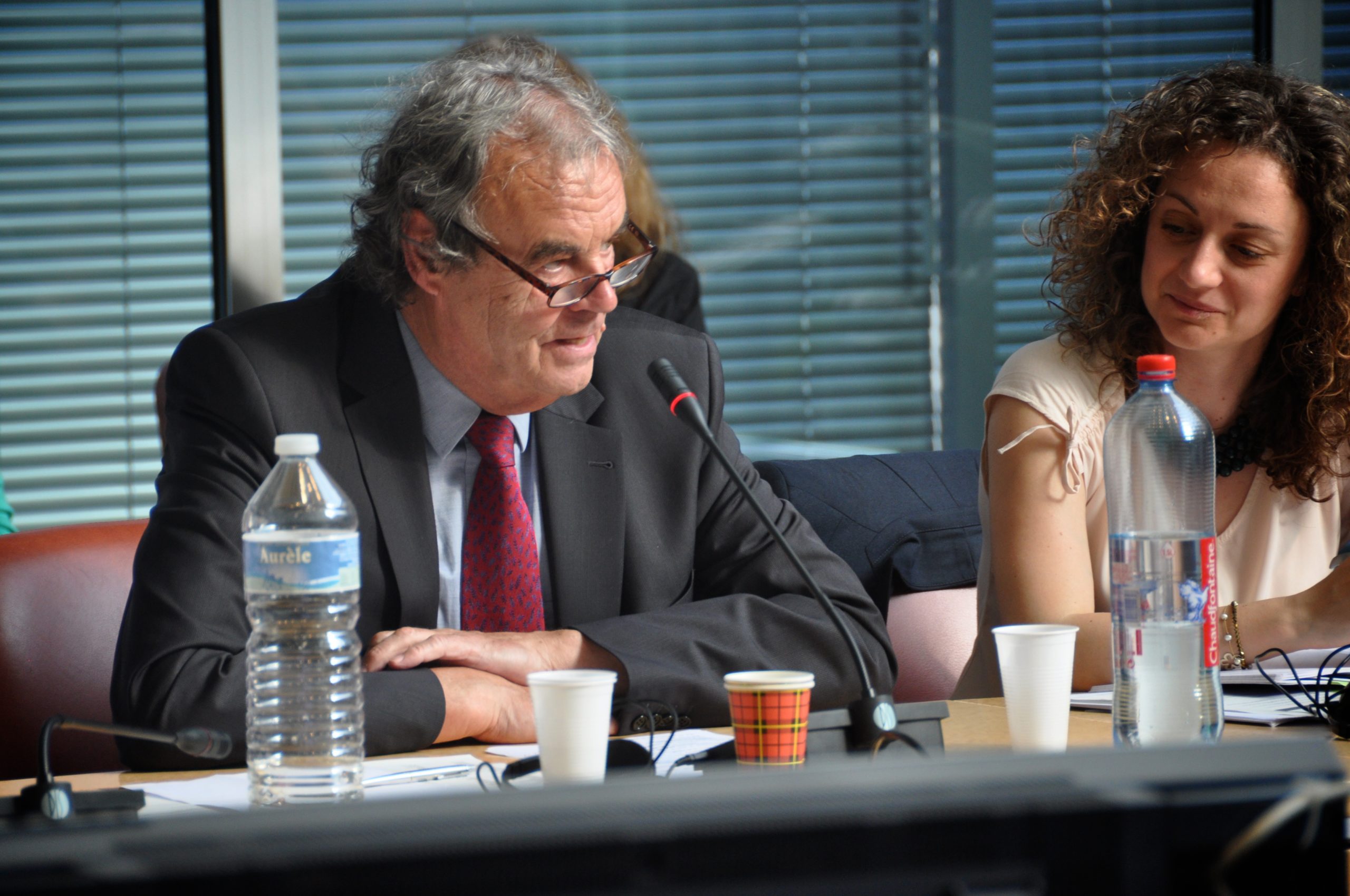20 April 2015 – European Economic and Social Committee, Brussels
EESC Trèves Building, 7th floor, room TRE 7701, 74 rue de Trèves, 1040 Brussels (map)
Current EU waste policy fails to adequately promote waste prevention and preparation for re-use activities. Consequently the vast majority of reusable electrical appliances, furniture and textiles discarded by EU citizens are prematurely recycled, landfilled or incinerated. The result is a huge waste of energy and resources and a missed opportunity for boosting employment in the re-use sector.
With the European Commission currently investigating the feasibility of introducing separate EU targets for the re-use of electrical goods, as well as policies that could better support a circular economy, this seminar demonstrated how some EU member states are showing that re-use can be promoted through target setting with some impressive results. It also looked at the role of how economic instruments, such as Extended Producer Responsibility, can better support re-use.
Speakers included representatives of EU institutions, national authorities, social enterprises and Producer Responsibility Organisations.
Session 1
1. EU feasibility study on WEEE preparation for reuse targets and relation to a revised Circular Εconomy package Maria Banti, EU Commision
2. First national target for WEEE preparation for re-use Begoña Fabrellas , Spanish Ministry of Agriculture, Food and Environment
3. The Flemish Re-use network – the importance of re-use targets Tim Wagendorp, Komosie
4. A situation without re-use targets Giorgio Rosso, Associazione Orius
Session
1. A 30 year story of promoting social value through re-use Anemone Berès, Envie Federation
2. Valdelia : an Extended Producer Responsibility System for non household furniture waste Arnaud Humbert-Droz, Valdelia
3. Eco-Systèmes – Re-use in France Christian Brabant, Eco-Systèmes
4. What aspects of preparation for re-use should be financed by EPR? An Austrian perspective Matthias Neitsch, Repanet
See social media highlights on Storify.




